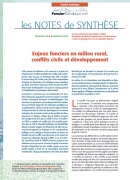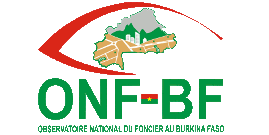The Weakest Should not Bear the Risk
Following the financial and food crisis in 2008 the phenomenon of land grabbing through large-scale investments in land leading to forcible displacement of rural population, increasing their food insecurity and disregarding Human Rights became a hot topic on the global agenda. At the same time it became clear, that more investments were needed into the agricultural sector to increase food security and secure agricultural productivity.









